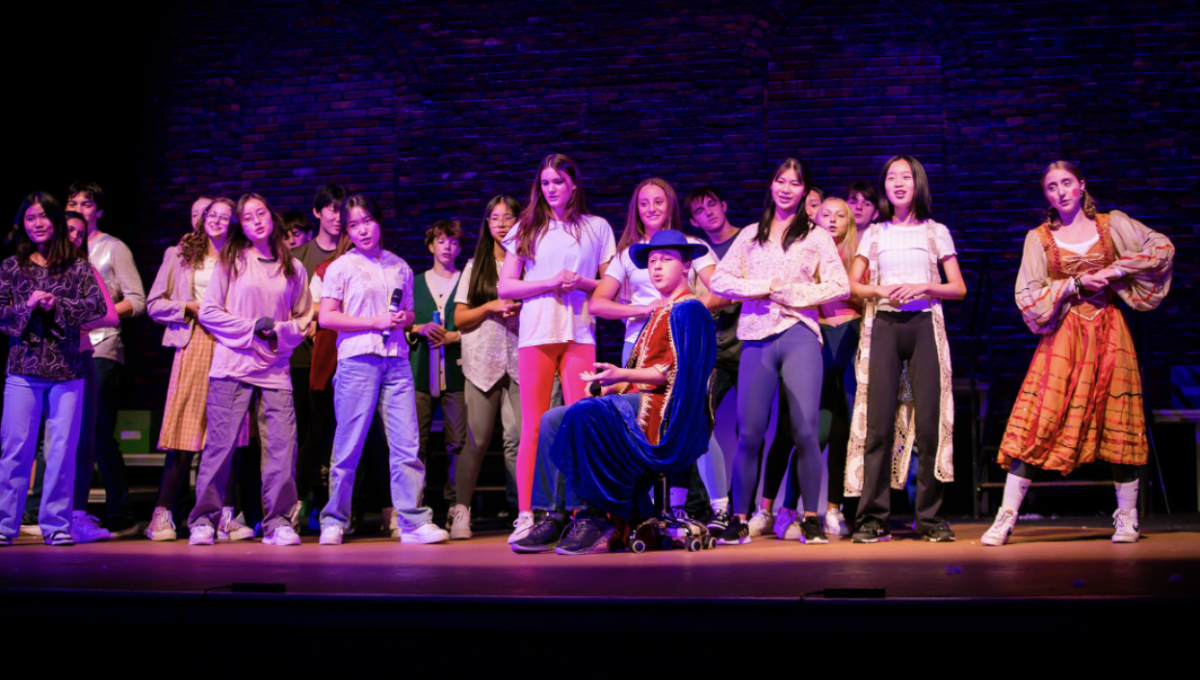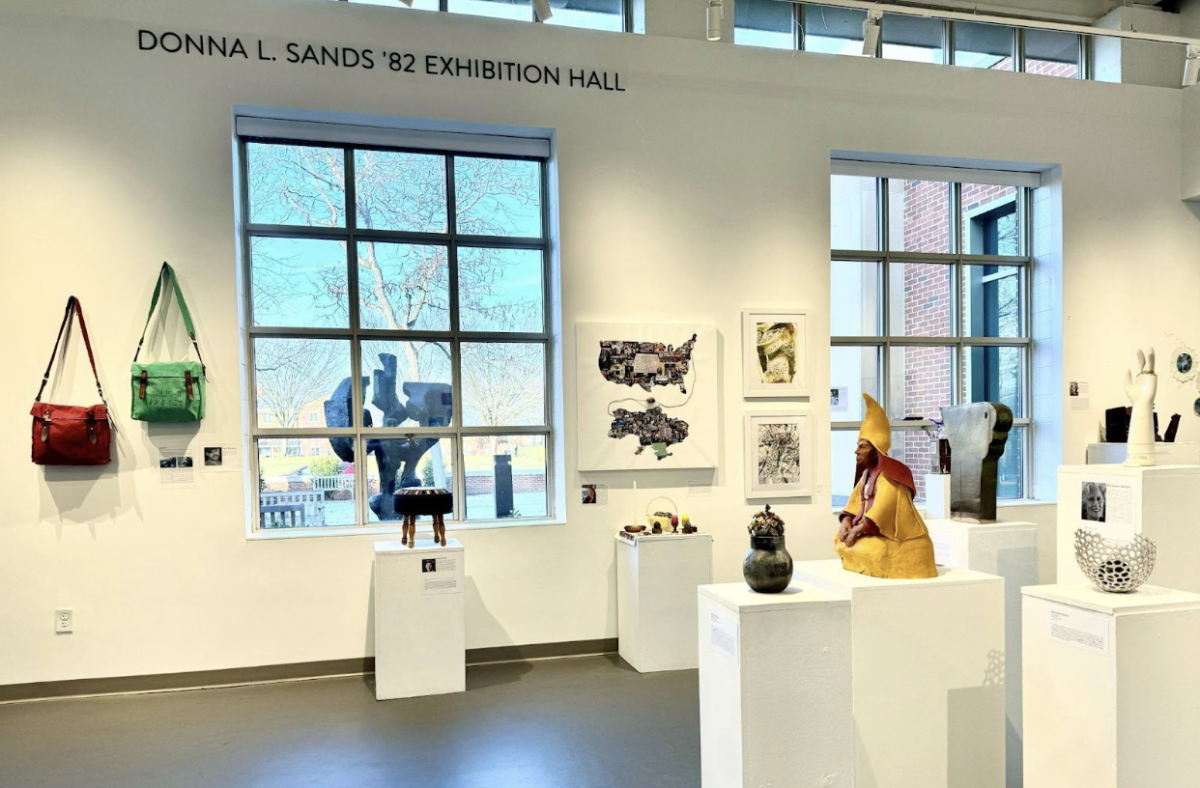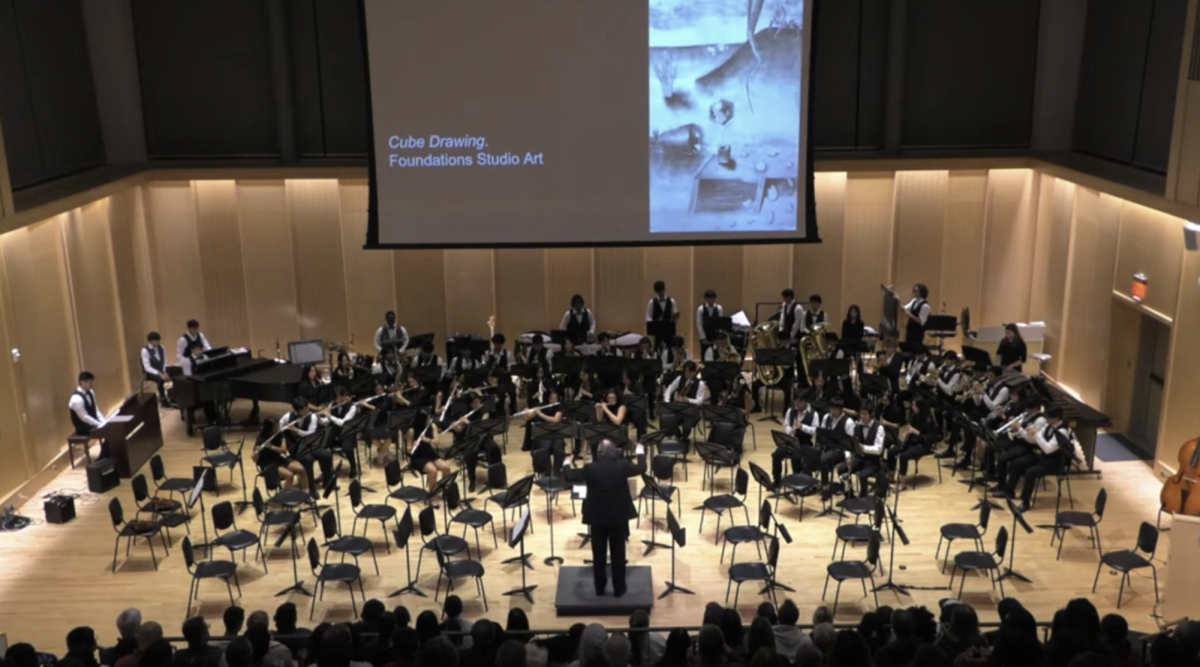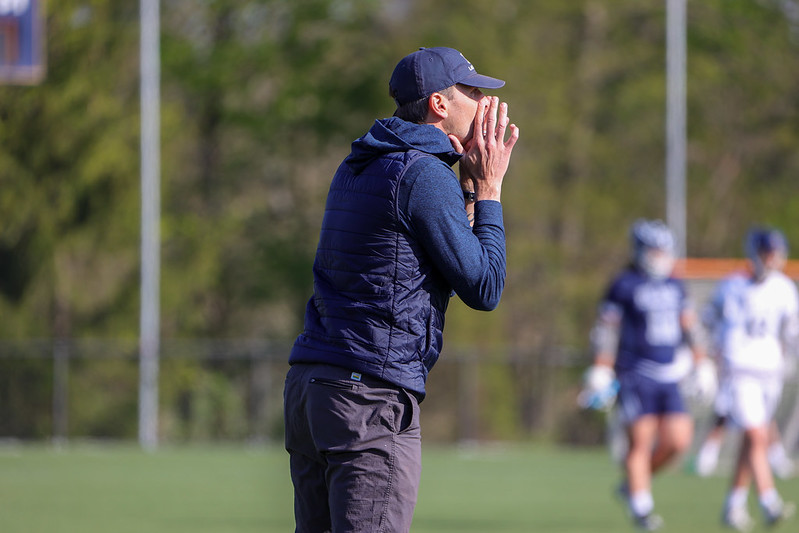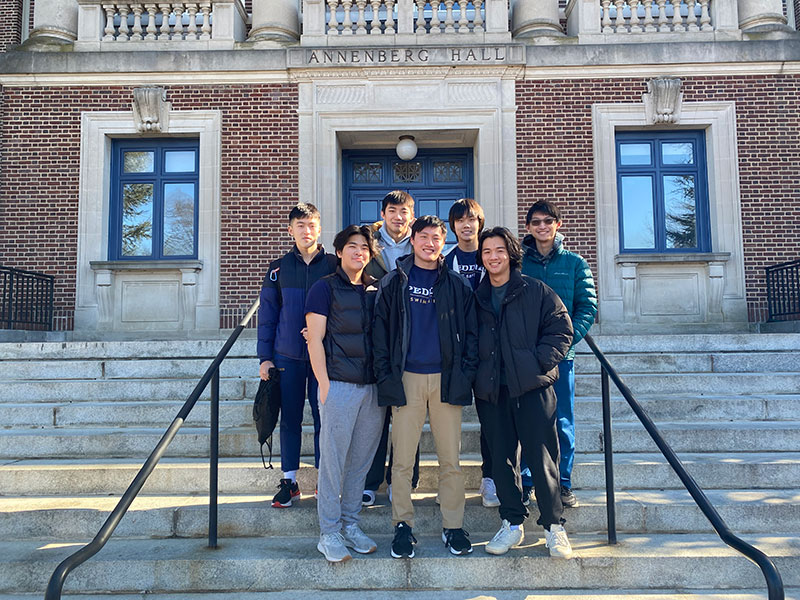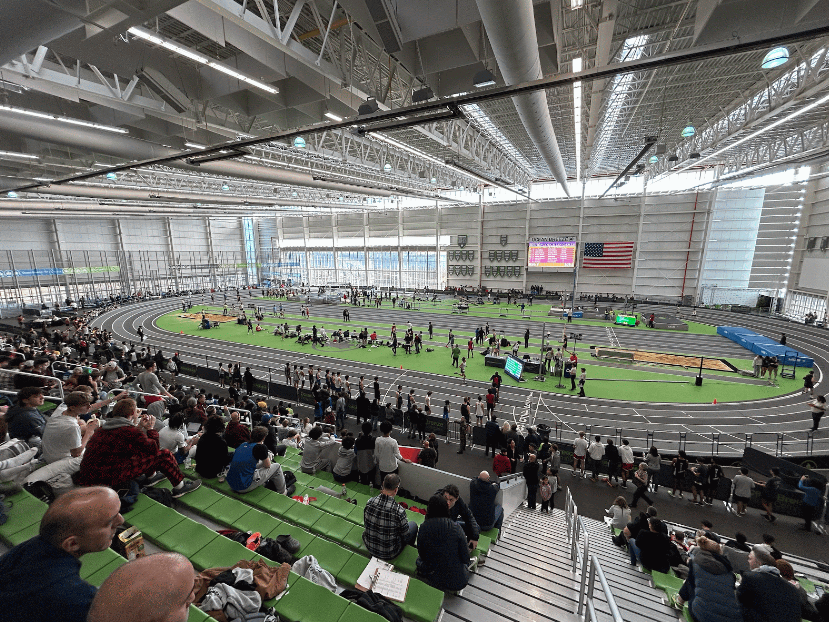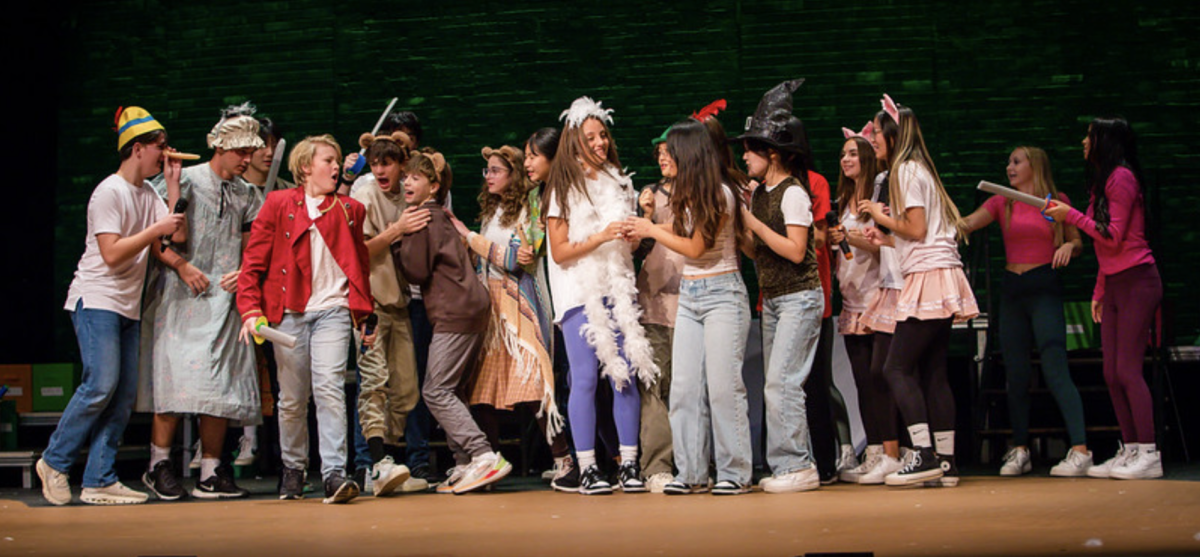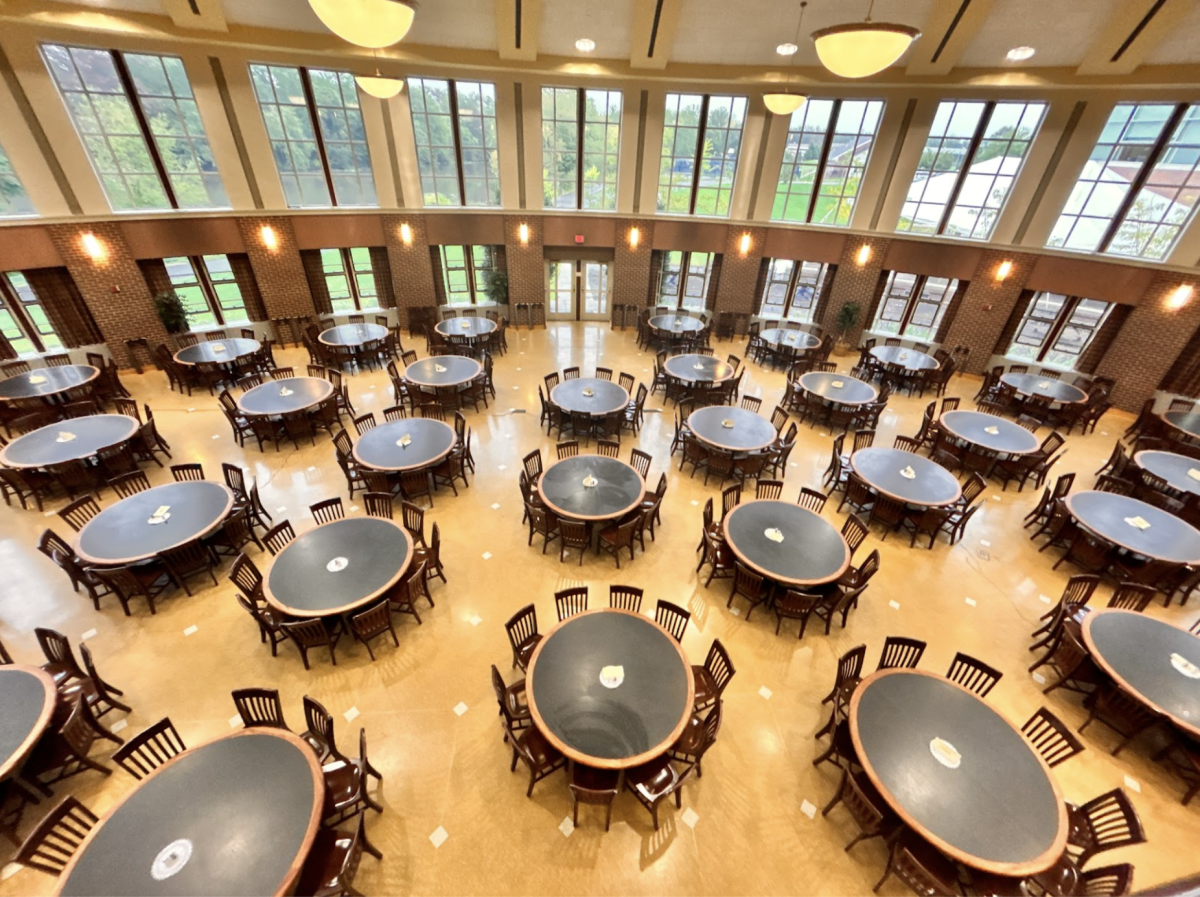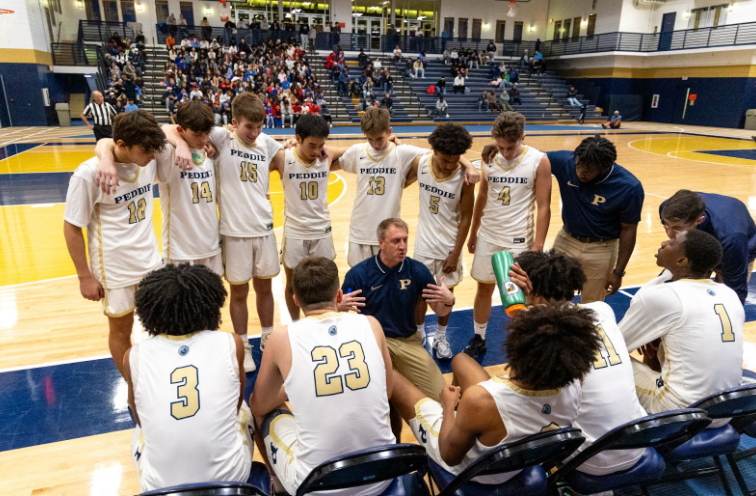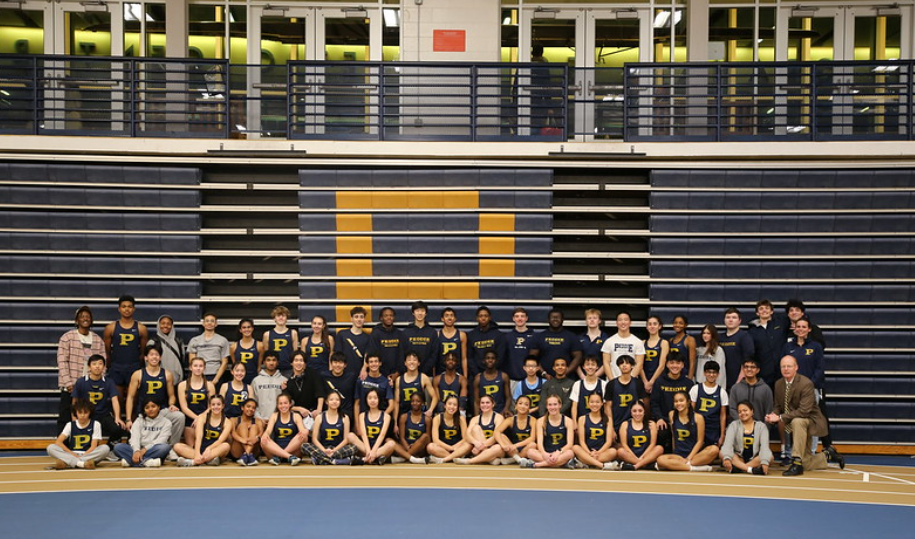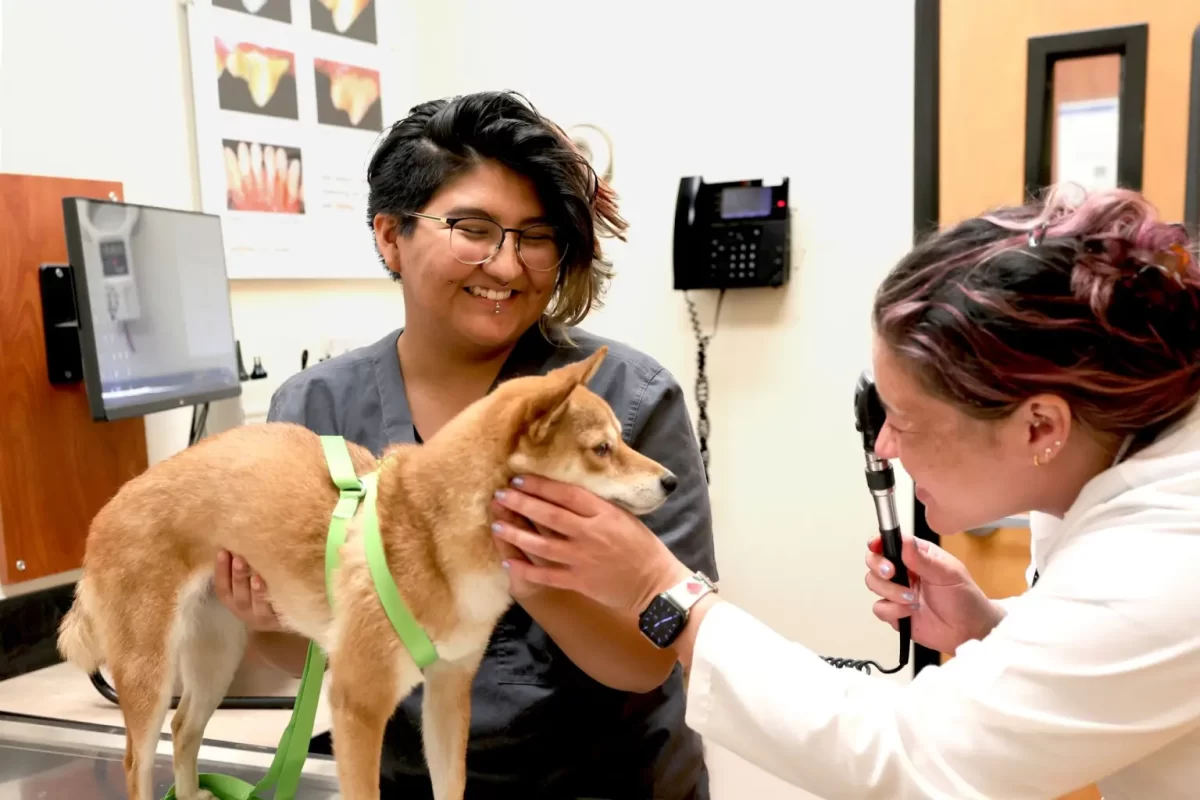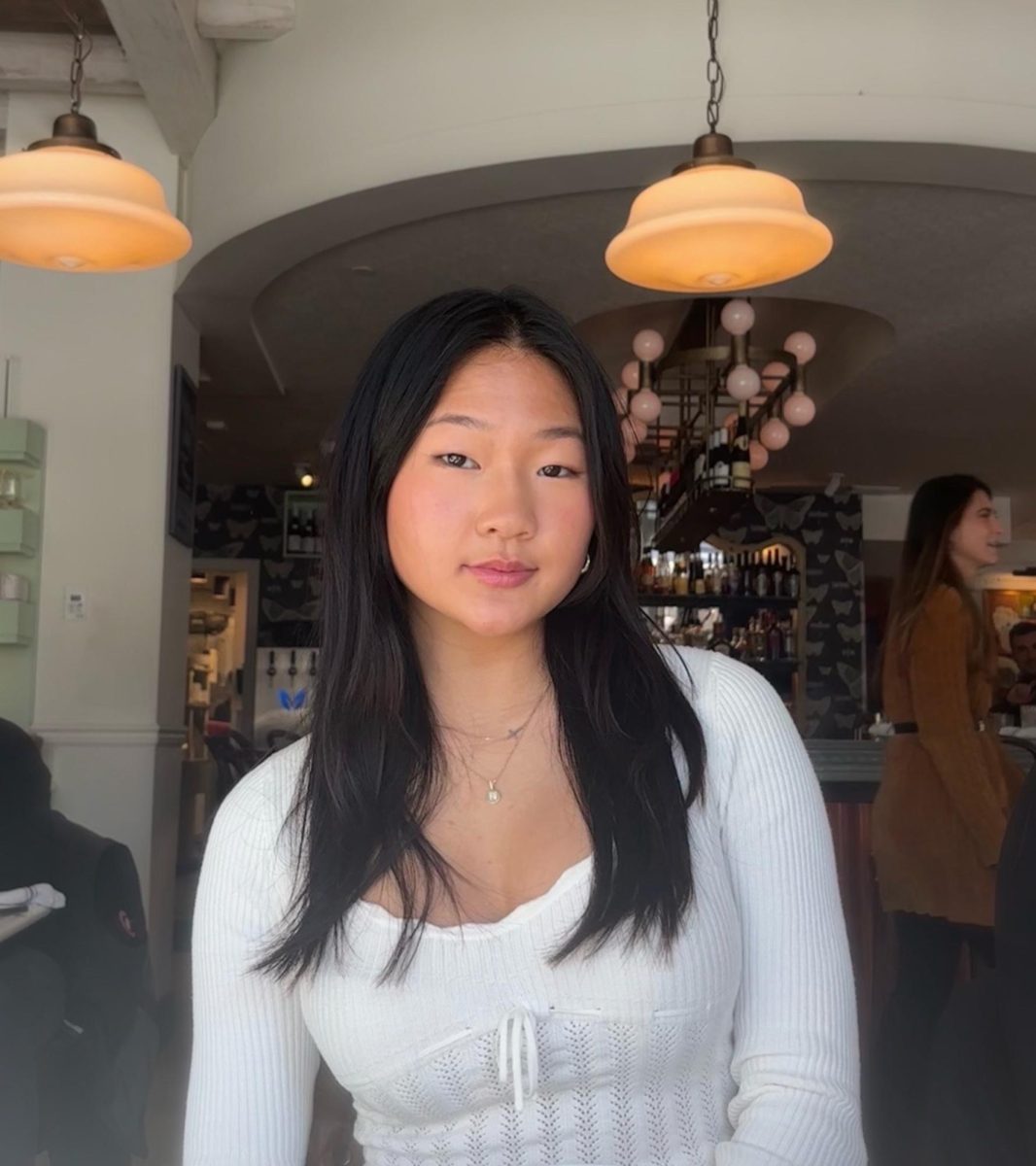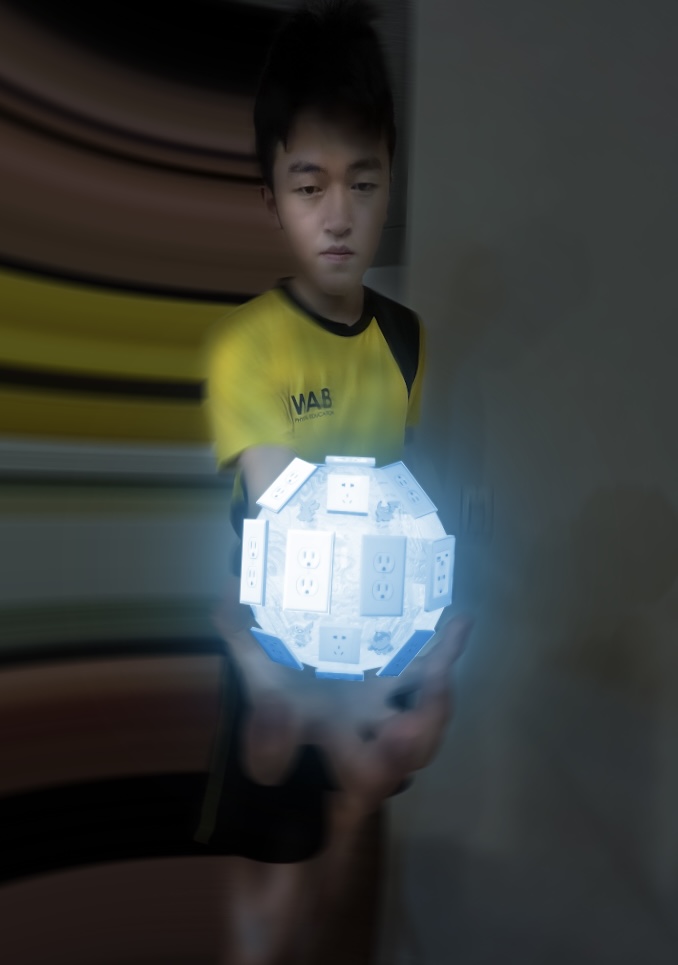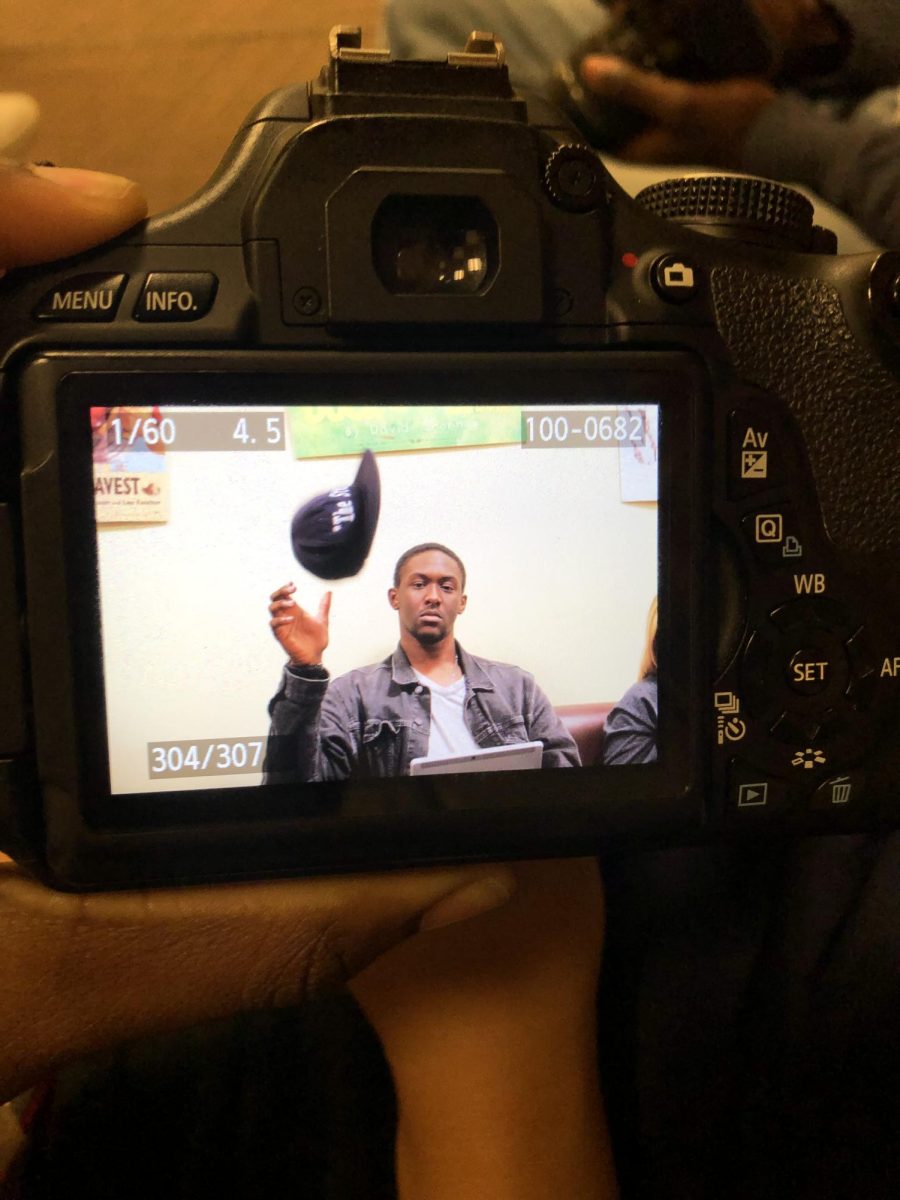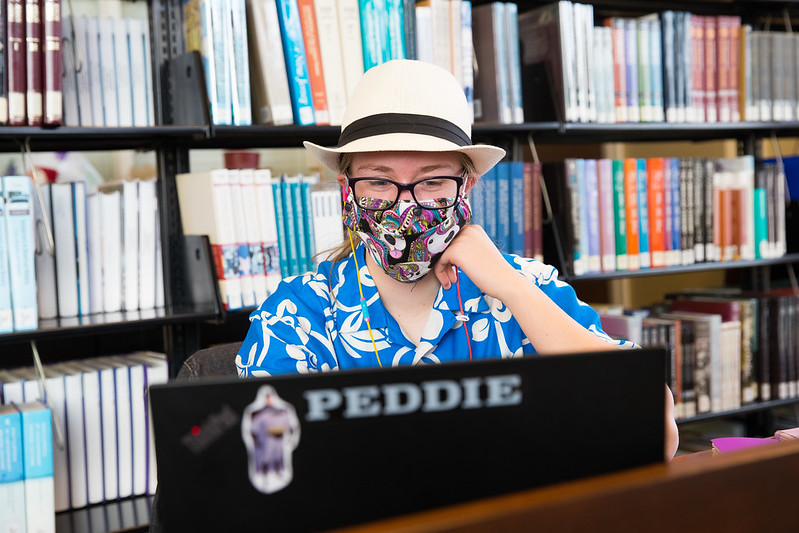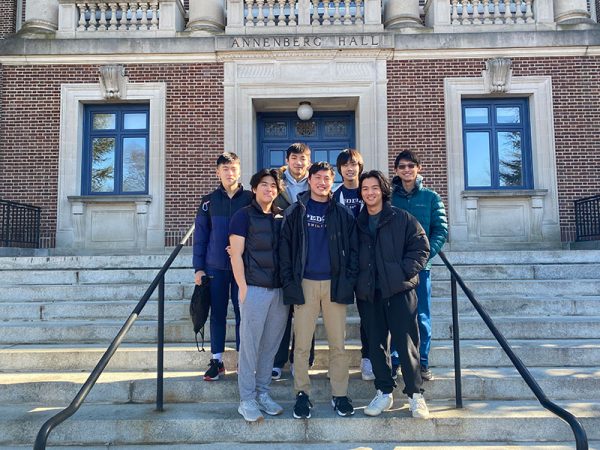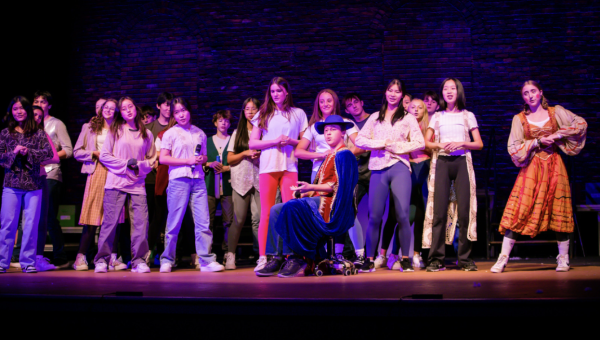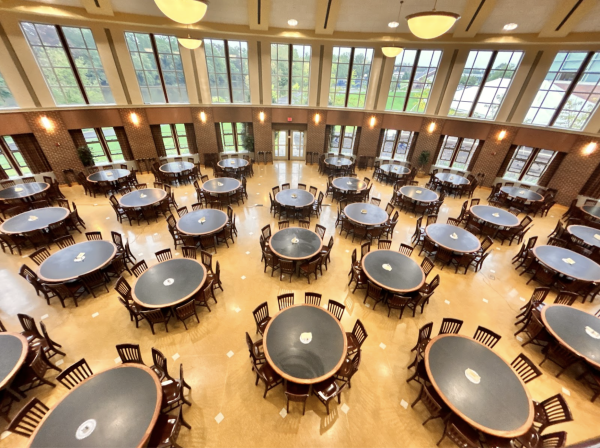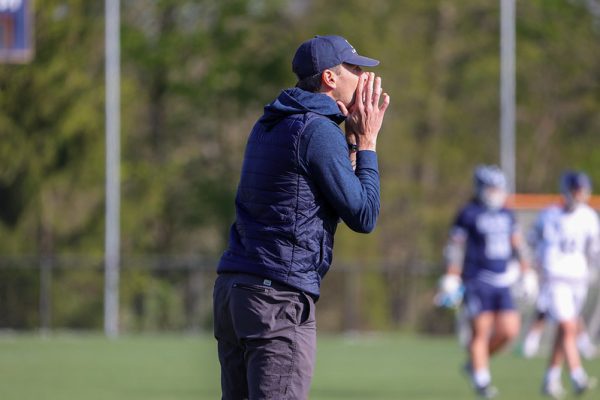Peddie’s Transition to Fully Remote
December 28, 2020
The start of winter term at Peddie marked the transition into a fully remote term, at least until January 25, when students will return to campus for hybrid learning.
As stated in Head of School Peter Quinn’s all-school announcement, the decision to go remote was to “lower the risk of disease by not dispersing and reconvening twice in such a short span,” especially when “January is often our heaviest flu season on campus.”
Though students and faculty have been adapting relatively smoothly, distance within the classroom is not an easy obstacle to overcome. History teacher Mikaela Chang said, “the drawback [to remote learning] is that our home environments are all different and I can’t control distractions/barriers to learning.” Ines Chang ’24 noted that “[as an international student] the hardest thing in the transition is definitely the time difference. I have to get used to a completely different routine. I sleep late and wake up late. I also get really tired in class.”
Amid the college application process, seniors have also had to adapt. Aidan McHugh ’21 said, “The biggest change in the college process was the transition to all online CCO meetings. Although, I think our experience isn’t much different from the classes that came before us. We still have plenty of CCO meetings and my college counselor has been a great resource for me as I complete my applications.”
When asked about potential changes they would like to see, McHugh said, “I’ve been juggling a job with my school work so I’ve been super busy… Days and days of sitting in front of the computer take a toll… If a lesson can be taught in 15 minutes instead of 50, teachers should do so more often.”
“I have less time to finish my homework due to a different time zone. If an assignment is due on the same day it was assigned, my submission would most likely already be late when I wake up in the morning and finally get my work done… I wish that we had more time to finish assignments,” said I. Chang.
However, digitalizing classwork can also be beneficial. Director of Music Alan Michaels said, “Now that the entire orchestra is fully online, it is easier in the way of each student being on equal footing and having the exact same set of expectations. Physically preparing spaces, particularly for rehearsals, is eliminated with online-only learning.” When asked if it was better with all students online instead of hybrid, M. Chang answered, “100% yes… I’m glad the audio/visual component is standardized when we are all on zoom together.” The improvement from Peddie’s last fully remote term was felt by students too. Liz Lamb ’23 said, “I think that this time around especially with the changes made from the last virtual terms made this term being virtual much better. I also really love how some of my teachers have been able to adapt to being online.”
Interestingly, when asked whether they preferred online or hybrid learning, teachers generally preferred online learning. “I think I prefer online between the two, because I can see everyone’s unmasked faces (usually…) and it feels more accessible (less worry about sound issues, which was a big concern for me in the fall),” said M. Chang.
“I think that during this extraordinary circumstance that we are experiencing, there is no such thing as ‘better’ for me,” said Michaels. “For my Musicianship 1 sections, which includes far fewer students as compared to Orchestra, I believe that I am more comfortable teaching with everyone on screen as opposed to the hybrid model.”
Students, on the other hand, tended to prefer the hybrid approach. “I prefer hybrid any day. Being able to see people face to face even if it is different than “normal” was really important for me this past term. Even when doing online classes from my dorm having my lovely roommate there made it much easier,” said Lamb.
“I prefer going hybrid because I get to have a regular work schedule. I also have much more time to finish my assignments,” said I. Chang.
“I prefer the hybrid system much more than being completely online. Having the ability to be on campus and see members of the community helps focus me… The advantages of being on campus shouldn’t be understated,” said McHugh.


